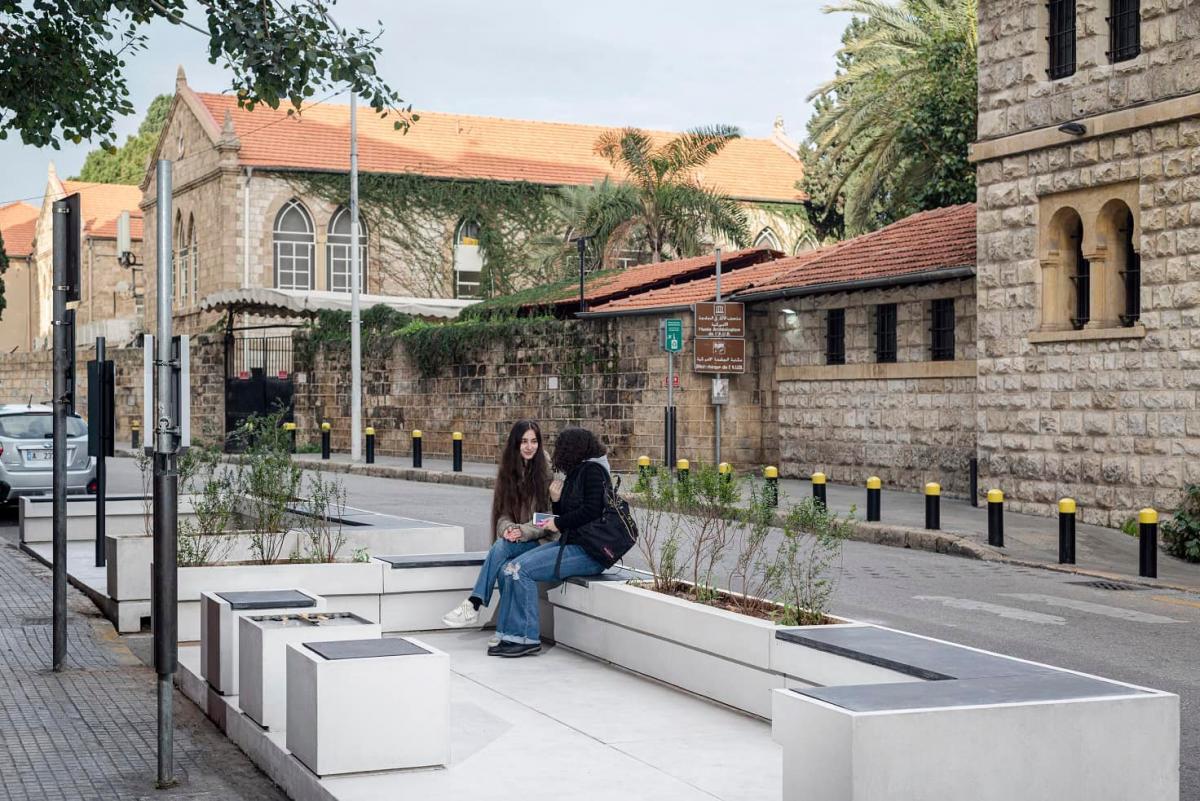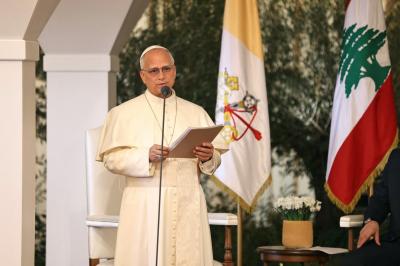Despite years of economic, political, and social turmoil, Lebanon’s higher education sector continues to maintain a distinguished position both regionally and globally. This was underscored recently when the American University of Beirut (AUB) ranked among the world’s top universities in employability for 2025, securing second place in the Arab world and 152nd globally—outperforming many other institutions in the region.
Global Employability Indicators
International university rankings, such as the QS Graduate Employability Rankings, rely on a series of benchmarks, including:
- Graduate employment rates within the first months after graduation.
- The strength and influence of alumni networks in their fields.
- Partnerships between universities and the labor market through training, research, and collaboration opportunities.
- The university’s reputation among employers locally and internationally.
Against this backdrop, AUB’s strong showing highlights the quality of its academic programs and its ability to closely link education with professional opportunities.
Structural Challenges Facing Lebanese Education
Yet, despite such achievements, Lebanon’s education system faces profound challenges that threaten the sustainability of its successes:
Economic crisis: The collapse of the local currency and the decline in households’ purchasing power have made tuition fees at private universities unaffordable for many students.
Brain drain: Many professors and researchers continue to leave the country in search of better opportunities, weakening academic standards.
Infrastructure: Chronic power cuts and poor internet access directly undermine digital learning and research capabilities.
Private-public gap: While private universities maintain advanced standards, the Lebanese University struggles with chronic underfunding.
Economic and Social Impact
According to higher education expert Dr. Sami Murad, speaking to Al-Safa News, AUB’s position among the region’s top universities for graduate employability is “proof of the quality of its education and of employers’ trust in its students’ skills. Such a ranking offers Lebanon a window of hope and an improved image abroad, while attracting Arab and international students. This, in turn, generates additional income for the education sector and helps ease the financial crisis.”
The role of universities extends beyond academia, contributing to Lebanon’s economy by drawing foreign students, attracting hard currency, and bolstering the country’s balance of payments.
A Testament to Resilience
While Lebanon endures one of the most difficult crises in its modern history, the continued presence of AUB and other prestigious institutions in global rankings stands as a testament to the resilience of the country’s educational system. Still, sustaining this success depends on fundamental reforms in public education, greater investment in research, and expanded international partnerships—necessary steps to ensure that Lebanon remains a beacon of education in the region.
Please post your comments on:
[email protected]
 Politics
Politics













